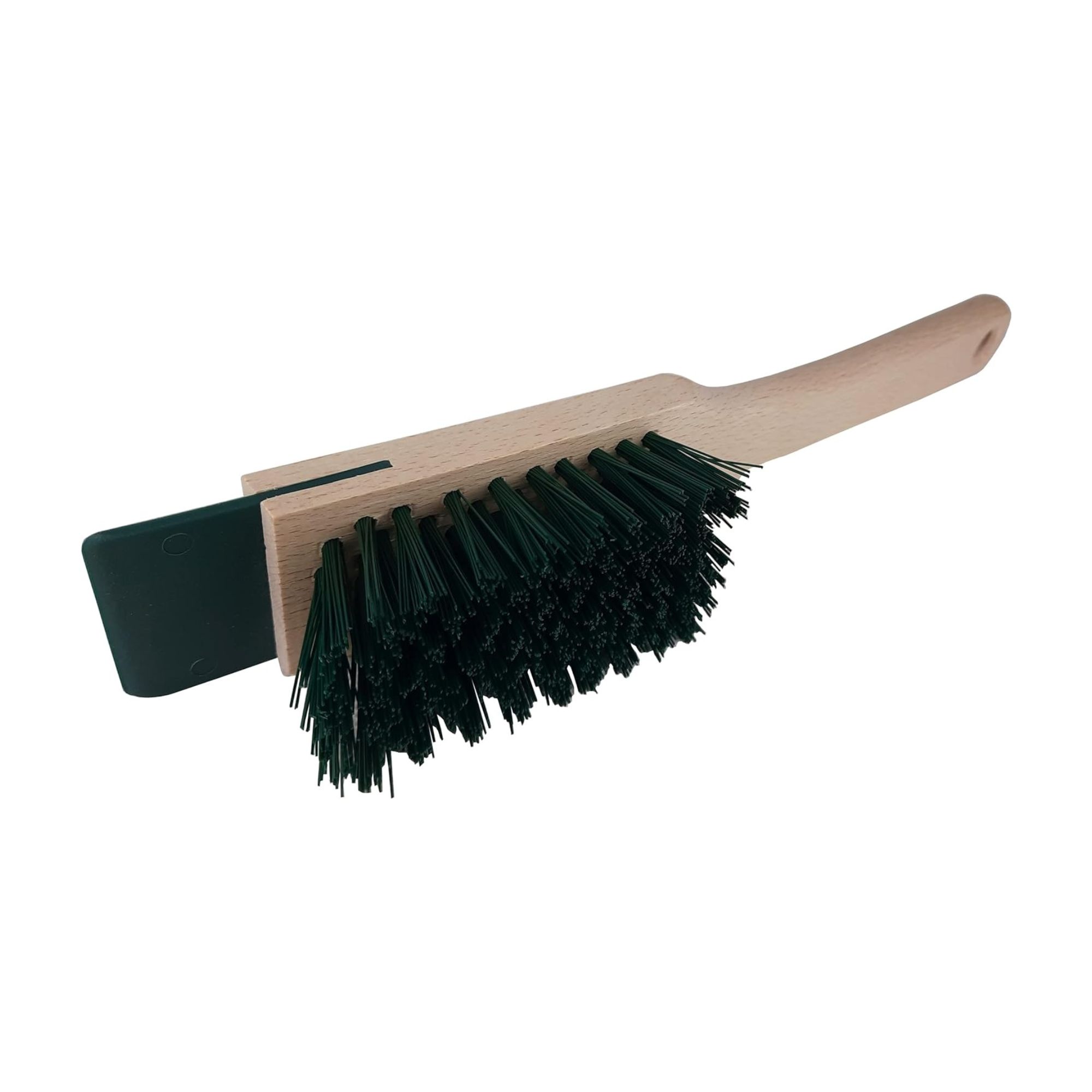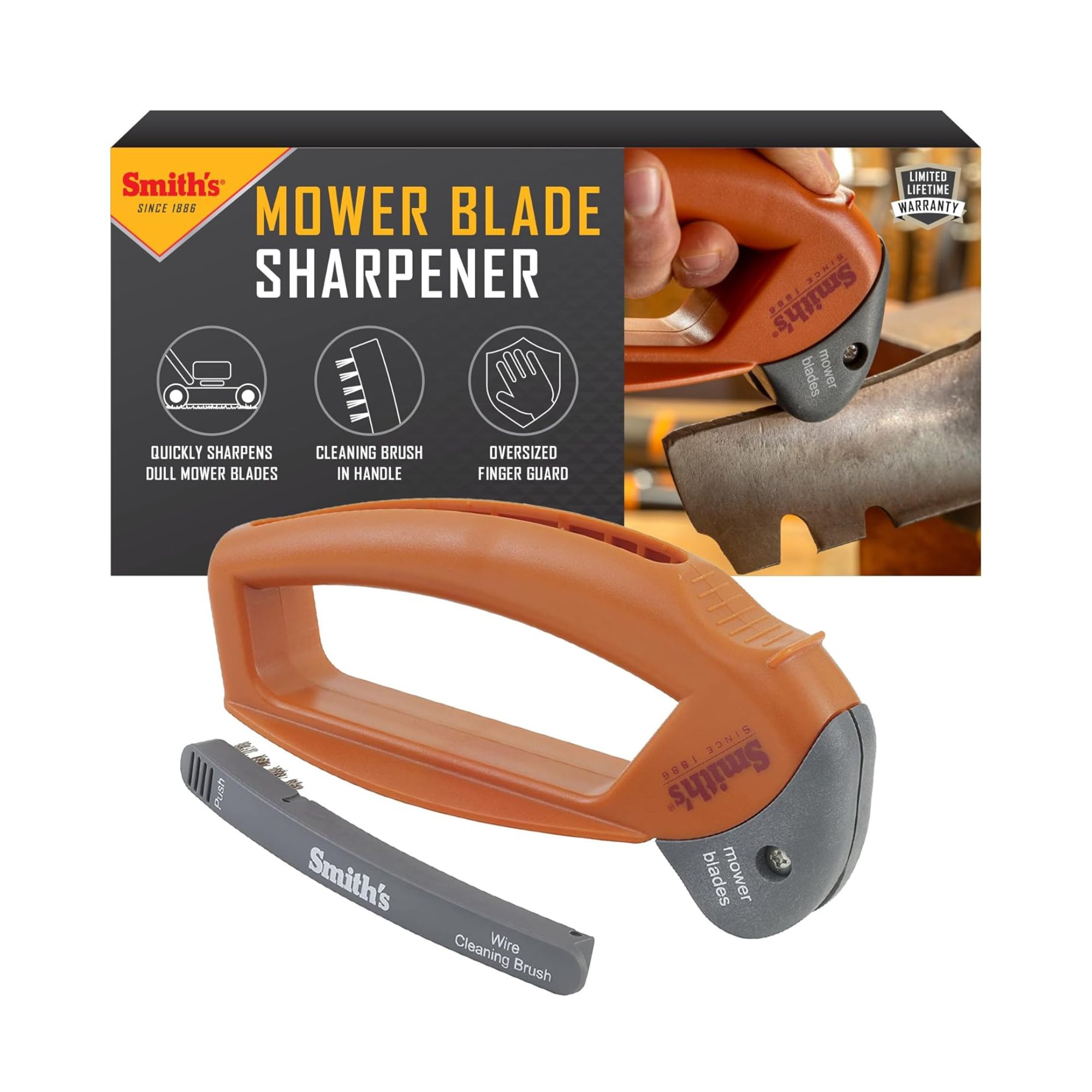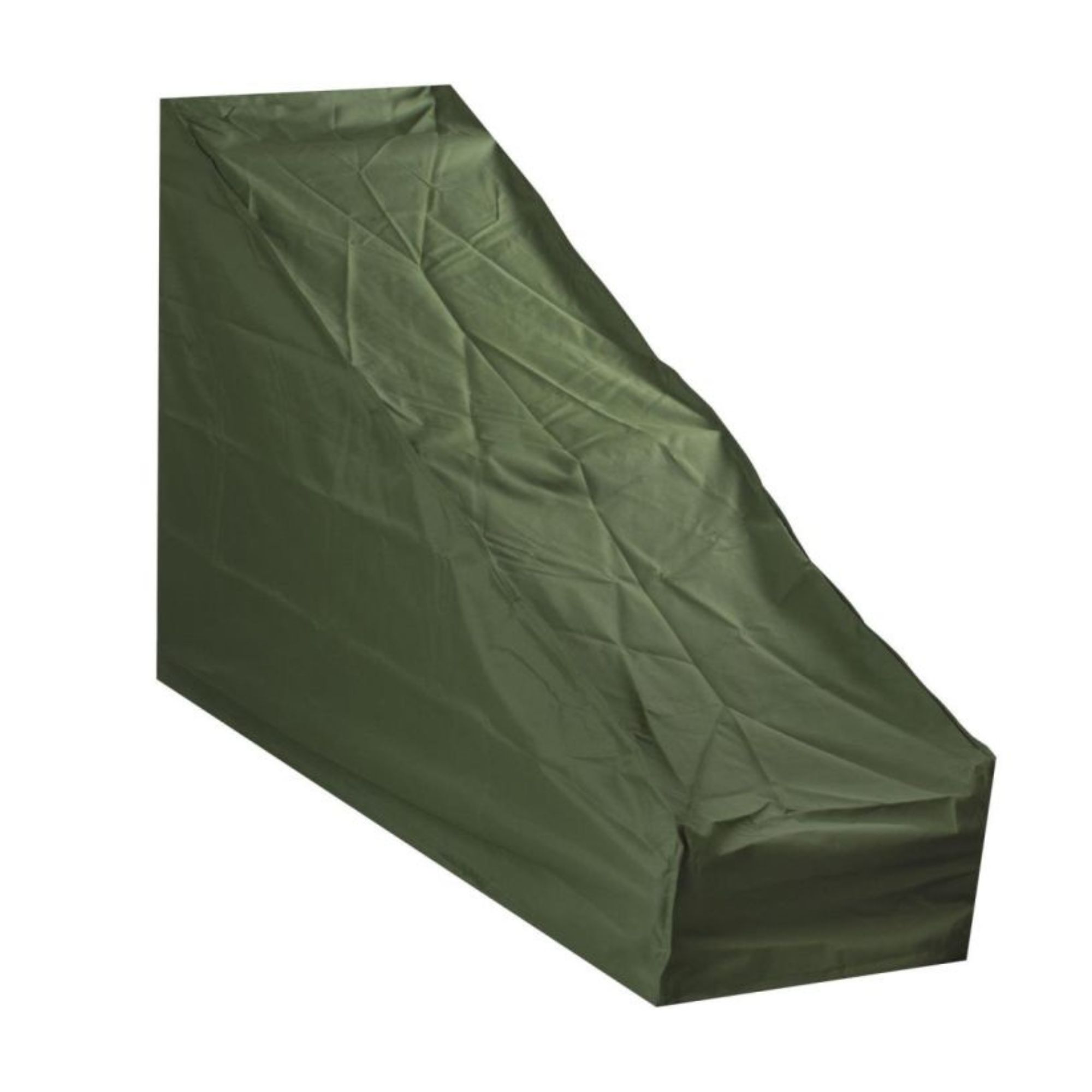How to store a lawn mower over winter - top tips to prevent corrosion and damage while it’s not in use
You may not be using your lawn mower over winter, but you still need to store it properly
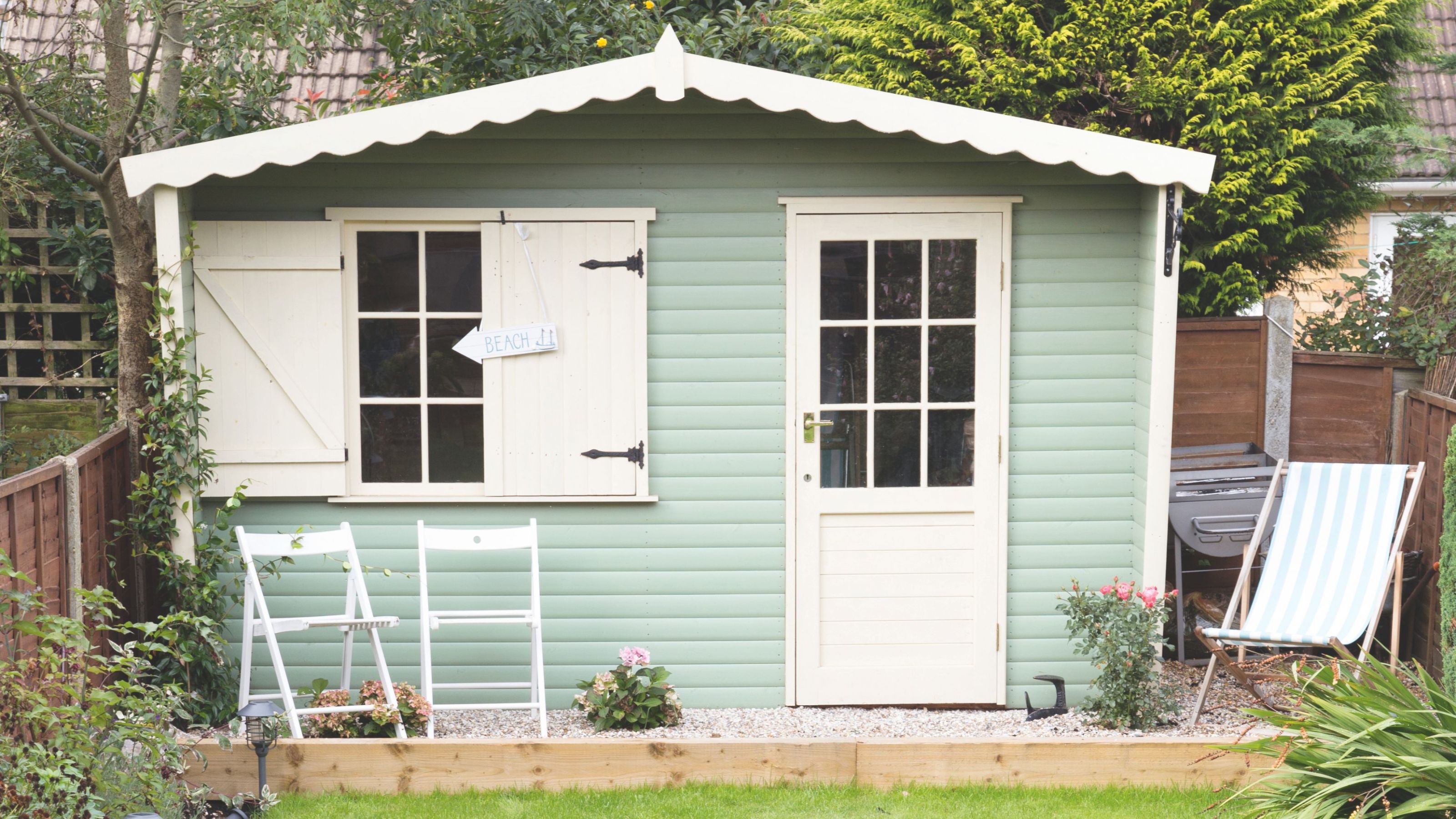

Winter is coming. And with cold, wet, and frosty weather on the horizon, this is normally your sign to batten down the hatches, wave goodbye to your garden, and take shelter inside. Before you do that, you should know how to store a lawn mower over winter.
No matter how successful your lawn care efforts were this spring and summer, it’s vitally important to take care of the best lawn mowers throughout the colder months. Sure, you probably won’t be using your lawn mower over the winter, but If treated correctly, this trusty garden steed will be able to work its way through your lawn mowing calendar for years on end.
Yes, knowing how to store a lawn mower over winter can extend its longevity and keep it in full working order. But when should you store it? Well, immediately after you cut your lawn for the final time before winter. And how should you do that? Don’t worry, we’ve got you covered.
1. Give it one final clean
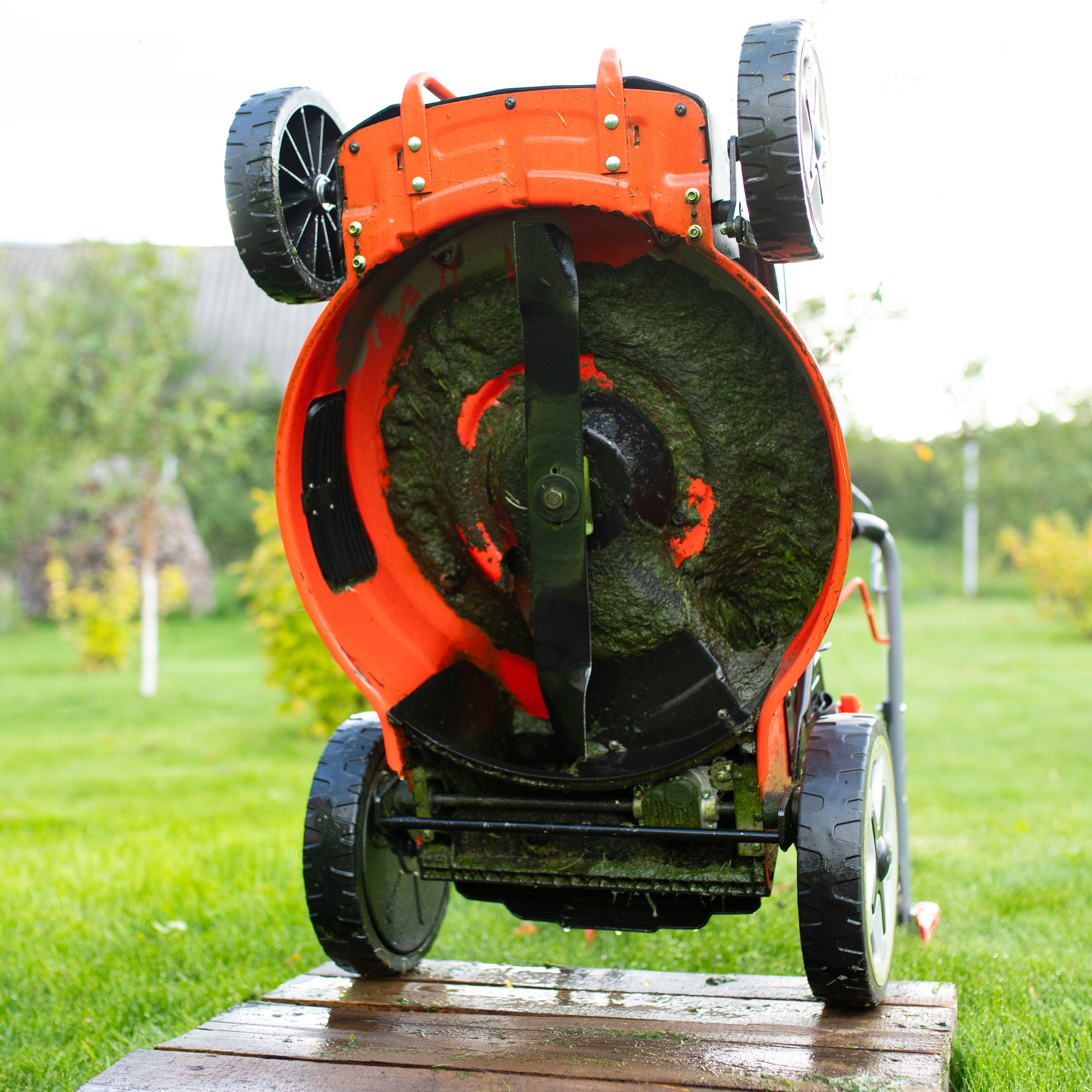
If you’re a keen gardener who wants to keep your tools in tip-top shape, it’s well worth knowing how to know how to clean garden tools. Part and parcel of that is cleaning a lawn mower - especially before you store it for winter.
Peter Chaloner, Managing Director of Cobra, explains, ‘Before storing your lawn mower, it’s crucial to give it a deep clean. Grass clippings, dirt, and moisture can corrode metal parts and dull the blades if left on the machine.’
If this debris is left to corrode the metal components of your lawn mower over the winter, you may find that it doesn’t start up again in the spring. So, this step is essential.
‘This includes cleaning the undercarriage (remove the spark plug for safety before doing this), by using a stiff brush or hose to clean out the grass buildup beneath the deck,’ adds Peter. ‘A light coat of WD-40 or silicone spray afterward will help to prevent rust. It's also a good idea to clean, sharpen, or replace your blades.’
Sign up to our newsletter for style inspiration, real homes, project and garden advice and shopping know-how
In fact, we have a whole guide on how to sharpen your lawn mower blades to make this easier than ever.
2. Think about the power source
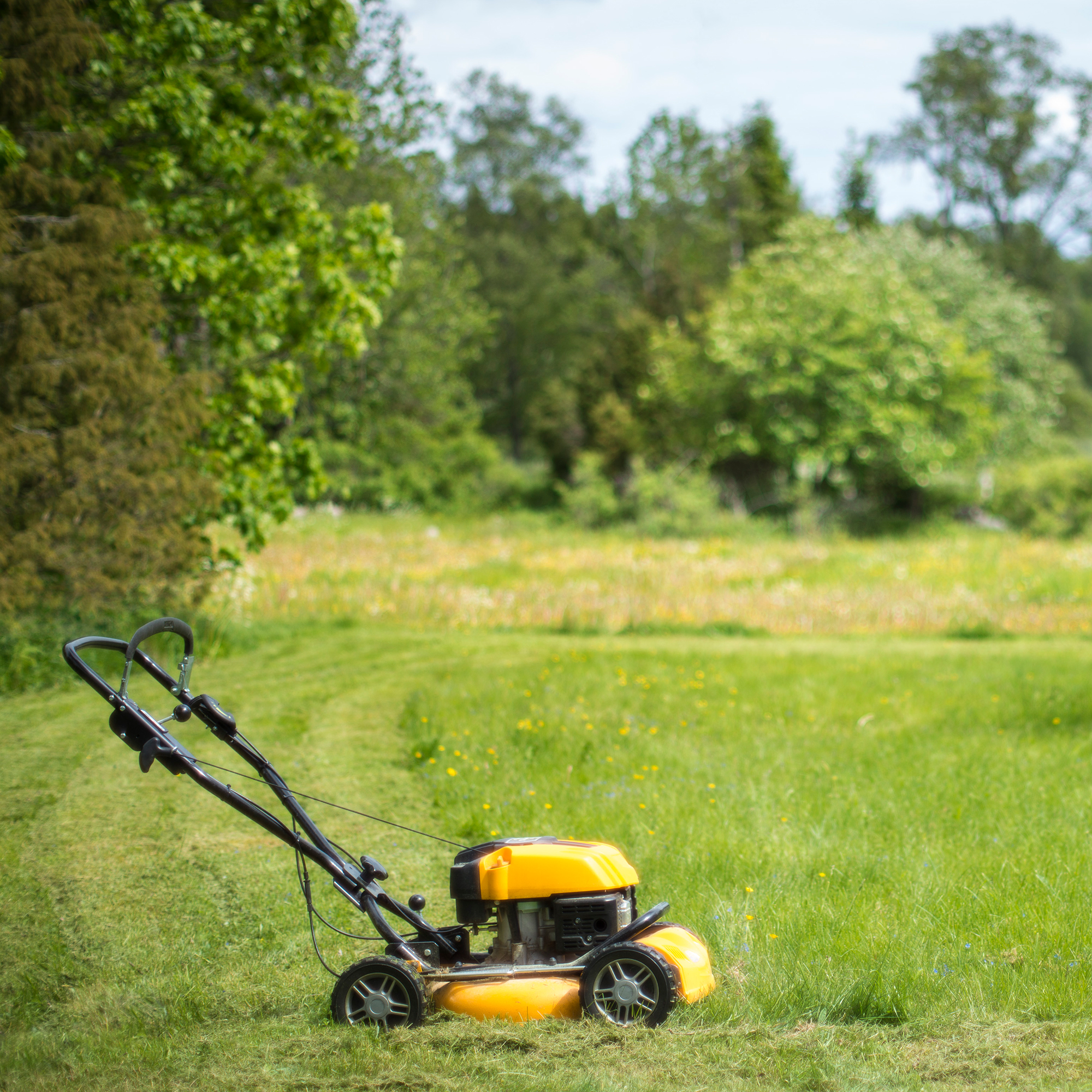
If you have a manual lawn mower, you don’t need to worry about this next step. But if you have a petrol or battery-powered lawn mower - or even want to store your strimmer for winter - it’s important to think about the power source when considering how you want to store your lawn mower for winter.
After all, most fuels don’t take well to being stored for prolonged periods - especially if you plan to store your lawn mower in the shed.
Peter warns, ‘Fuel is one of the most common causes of mower problems after storage. Petrol can degrade over time, leading to clogs in the carburettor and starting issues. You can either drain the tank, which also prevents any potential safety concerns, or you can use a fuel stabiliser to prevent the fuel from breaking down over the winter months. After adding it, run the mower for a few minutes to circulate the treated fuel through the system.’
But what about a battery-powered lawn mower? Well, Peter says it’s best to remove the battery from the lawn mower before storing it over winter.
‘Store the battery in a cool, dry place, away from freezing temperatures, which can damage its capacity,’ he says. ‘It’s also recommended to charge it to around 50% before storing and occasionally topping it up during the off-season.'
3. Complete general maintenance
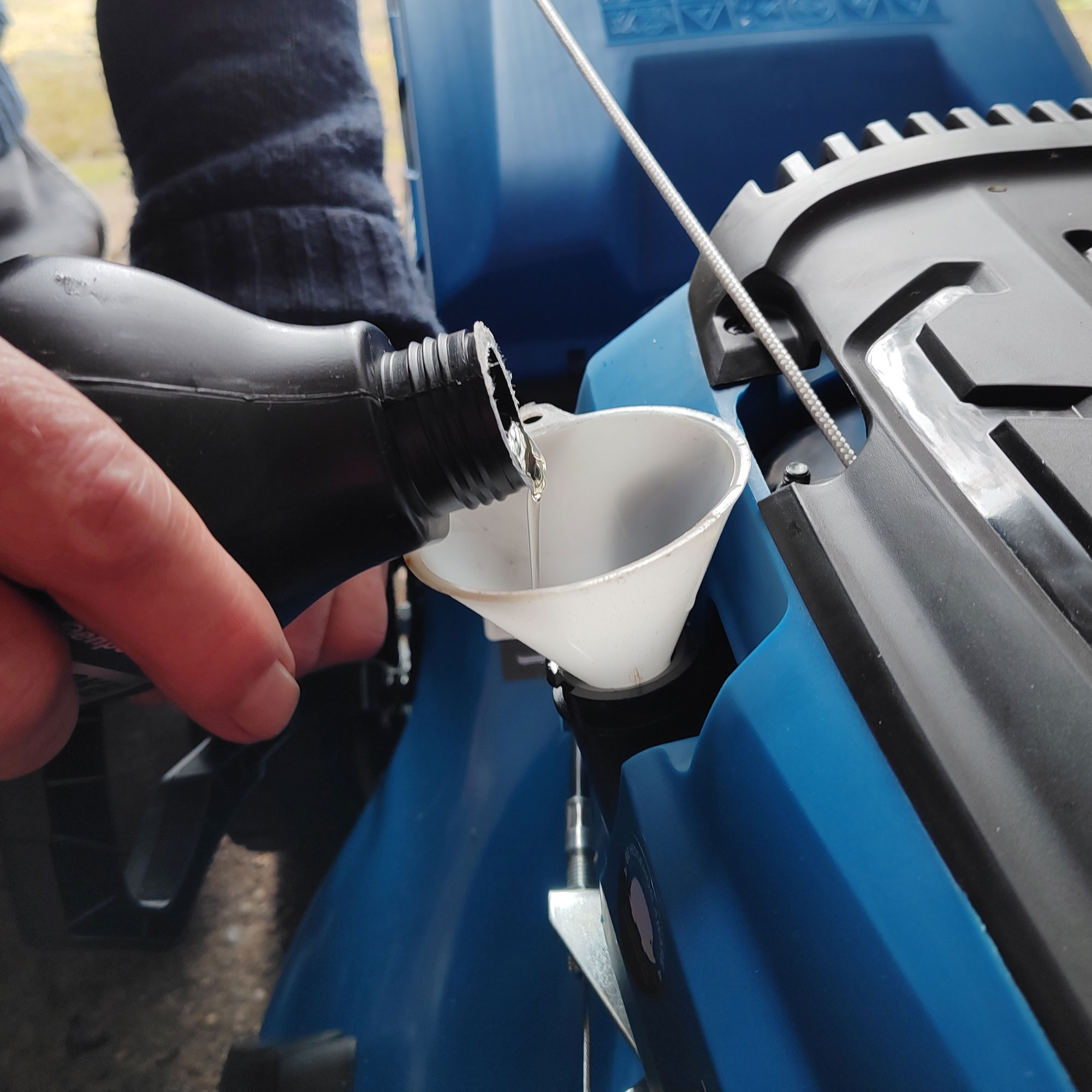
Once you’ve cleaned your lawn mower and dealt with the power source, you may want to pop it in the garage or shed and forget about it for the winter. But there’s another step you need to complete before you do this, as the last thing you want is any nasty surprises when you bring it back out in the spring.
In fact, this is your chance to inspect your lawn mower and complete any general maintenance. Fabio Banin, Lawn Expert at STIGA, says, ‘Remember to top up the oil, and don't hesitate to change it if it looks dirty or worn out.’
He also advises lawn mower owners to ‘replace any clogged air filters for optimal performance and Take a close look at cables and joints for possible corrosion, cracks, or loose parts.’ If you spot any, you may need to fix or replace them.
This is especially true if a corded lawn mower won in the corded vs cordless lawn mower debate, as you should always check the cord for any signs of wear, tear, or damage.
4. Choose the perfect storage location
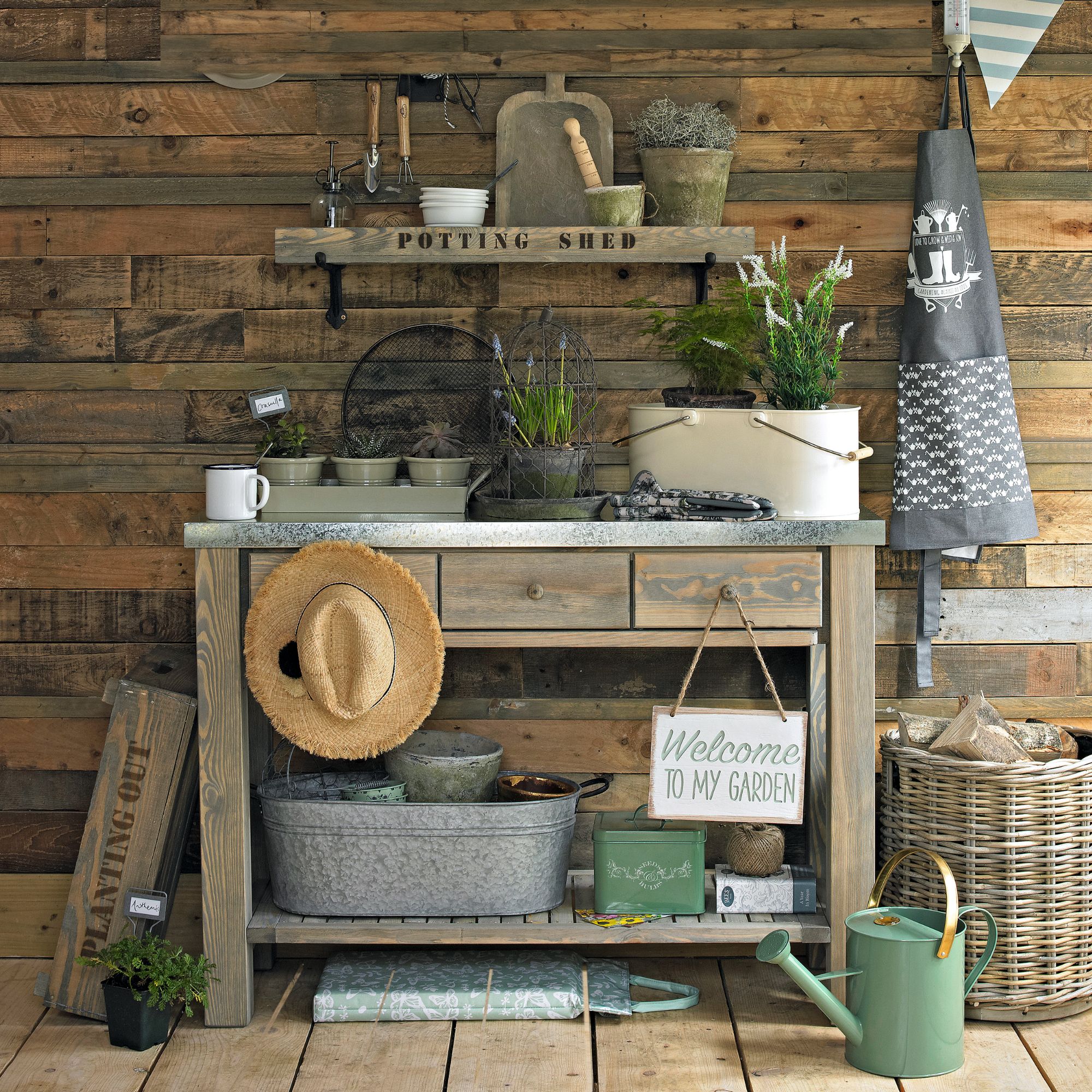
When you’ve ticked the above steps off your to-do list, you can then choose the perfect storage location for your lawn mower over the winter months. And while there are many garden storage options out there, most people tend to store their lawn mower in the shed.
Peter says, ‘Where you store your lawn mower also plays a role in its longevity. Make sure that you store your mower in a dry, sheltered location, like a garage or shed, to protect it from the elements. Moisture is a common enemy, leading to rust and damage to internal components. For added protection, cover the mower with a tarp or specialised cover to keep dust and moisture out.’
If you can, collapse the handles down to make the lawn mower as compact as possible, and you can disconnect the cord and wrap it around a cable wire tidy - like this Cable Wire Tidy H Frame from B&Q - if you have a corded lawn mower. Just avoid coiling the cord too tight as this can cause irreparable damage to it.
FAQs
Where can I put my lawn mower if I don't shed?
If you don’t have a shed in your garden, you should store your lawn mower in the next best thing - such as a large storage cabinet or in a garage. If you don’t have any of these options, however, you can store it under a tarpaulin and ideally under some kind of pergola or lean-to or elevated off ground level.
The aim is to keep your lawn mower protected from the cold temperatures and the wet weather as much as possible, so just make sure you never leave your shed outside over winter completely uncovered.
Can you store a lawn mower on the wall?
You should never store a petrol-powered lawn mower on the wall, as this is extremely dangerous. However, you can often store battery-powered lawn mowers on the wall.
Different manufacturers have different rules for this, though, so it’s always best to check the instruction manual of your specific model to ensure that this is possible. If not, you’ll have to store it on the floor.
So, now you know how to store a lawn mower for winter… how will you store yours?

Lauren Bradbury has been the Content Editor for the House Manual section since January 2025 but worked with the team as a freelancer for a year and a half before that. She graduated with a Bachelor’s degree in English and Creative Writing from the University of Chichester in 2016. Then, she dipped her toe into the world of content writing, primarily focusing on home content. After years of agency work, she decided to take the plunge and become a full-time freelancer for online publications, including Real Homes and Ideal Home, before taking on this permanent role. Now, she spends her days searching for the best decluttering and cleaning hacks and creating handy how-to guides for homeowners and renters alike, as well as testing vacuums as part of her role as the Ideal Home Certified Expert in Training on Vacuums, having spent over 110 hours testing different vacuum models to date!
